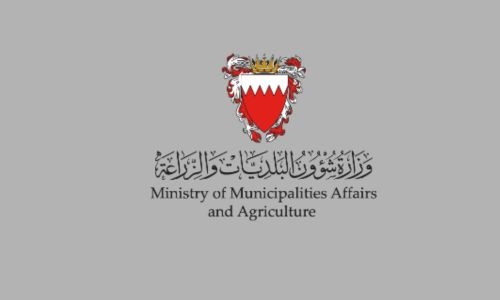The Ministry of Municipalities and Agriculture in Bahrain has relinquished 25 properties that were previously designated for public use following a request from the Urban Planning and Development Authority (UPDA). The announcement was made in the Official Gazette, citing the ministry’s authority under Law No. 39 of 2009 concerning the acquisition of properties for public benefit. The properties are located in A’ali, Al Sehla, Sitra, Hawarat Sanad, and Nuwaidrat. The decision to relinquish the properties was made by UPDA, which deemed them no longer necessary for the projects they were intended for.
The Ministry of Municipalities has officially notified the property owners of the relinquishment as per the provisions of Law No. 39 of 2009. The decision to relinquish the properties signifies a shift in priorities and the recognition that these properties are no longer needed for public use. This move allows for more efficient use of resources and better allocation of land for future development projects. The relinquished properties are now available for other purposes, which could potentially lead to new opportunities for development and growth in the areas where they are located.
The relinquishment of the properties by the Ministry of Municipalities and Agriculture highlights the government’s commitment to effective urban planning and development. By releasing these properties, the government is demonstrating its willingness to adapt to changing circumstances and prioritize projects that are best suited for the needs of the community. This decision is in line with the efforts to promote sustainable development and ensure that resources are used efficiently and effectively.
The relinquished properties in A’ali, Al Sehla, Sitra, Hawarat Sanad, and Nuwaidrat may now be repurposed for new projects that align with the current development goals of the government. This could include initiatives to improve infrastructure, create new commercial or residential spaces, or enhance public amenities in these areas. The availability of these properties presents an opportunity for innovative urban planning and design that can contribute to the overall progress and growth of the community.
The relinquishment of the properties also reflects a collaborative approach between government agencies such as the Ministry of Municipalities and Agriculture and the Urban Planning and Development Authority. By working together, these agencies can ensure that land use is optimized and aligned with the broader goals of sustainable development and urban growth. This coordinated effort can lead to more effective policies and strategies for urban development that benefit the community as a whole.
In conclusion, the relinquishment of the 25 properties by the Ministry of Municipalities and Agriculture in Bahrain represents a strategic decision to reallocate resources and prioritize projects that are in line with the current needs of the community. This move demonstrates the government’s commitment to efficient urban planning and development and sets the stage for new opportunities for growth and progress in the areas where the properties are located. By working collaboratively with the Urban Planning and Development Authority, the government is taking proactive steps to ensure that land use is optimized and that development projects are aligned with the broader goals of sustainable urban growth.










